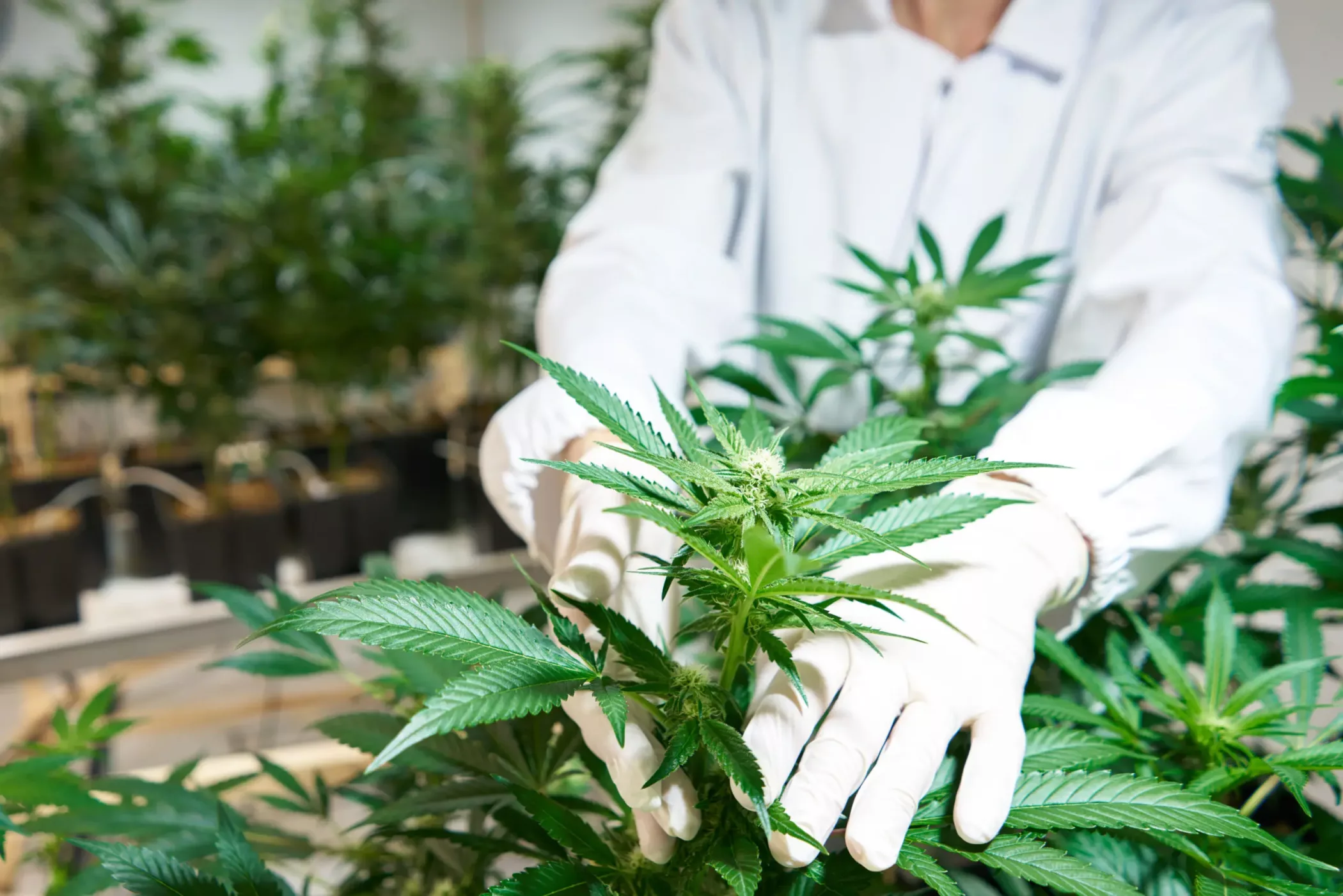What You Need to Know When Planning Cannabis Tax Strategies for 2025
NEW YORK–Every CFO needs to know that Section 280E of the Internal Revenue Code (IRC) presents a significant challenge for cannabis businesses operating in the United States. This provision, enacted in 1982, was originally designed to prevent drug traffickers from claiming tax deductions. However, its implications have far-reaching effects on legal cannabis operations today, as they are still classified as illegal under federal law. Understanding the nuances of Section 280E is crucial for optimizing tax strategies and ensuring compliance.
The Basics of Section 280E
Under Section 280E, businesses engaged in the trafficking of controlled substances, including cannabis, are prohibited from deducting ordinary business expenses from their taxable income. This means that cannabis businesses can only deduct the cost of goods sold (COGS), which includes expenses directly related to the production of cannabis products. Unlike other industries where businesses can deduct a wide range of expenses-such as rent, utilities, salaries, and marketing costs-cannabis companies face a much narrower scope of allowable deductions.
The inability to deduct these ordinary business expenses results in a higher effective tax rate for cannabis businesses compared to their non-cannabis counterparts. For example, while a traditional business can deduct COGS plus various operational expenses, a cannabis business can only deduct COGS. This discrepancy can lead to significantly higher taxable income and tax liabilities, creating financial strain and limiting cash flow.
Financial Burden and Cash Flow Implications
The financial burden imposed by Section 280E cannot be overstated. Cannabis businesses often find themselves in a precarious position where their tax obligations exceed their actual net income. In some cases, this means that the taxes owed can surpass the profits generated from operations, severely impacting cash flow and hindering growth potential.
For CFOs, this reality requires careful financial planning and management. It is essential to maintain accurate records of all costs associated with COGS, while remaining cognizant of the limitations imposed by Section 280E. This includes understanding what qualifies as COGS—such as raw materials, labor directly tied to production, and shipping costs—while recognizing that expenses such as advertising and administrative costs remain nondeductible.
Strategies for Mitigating the Impact of Section 280E
To effectively address the challenges posed by Section 280E, CFOs should consider several strategies:
- Optimize Cost Allocation
The proper categorization of expenses is critical. By ensuring that all allowable costs are accurately classified as COGS, companies can maximize their deductions within the confines of the law. This may involve detailed tracking of production-related expenses and maintaining comprehensive documentation to support claims in the event of an audit.
- Stay Informed on Legislative Changes
The cannabis regulatory environment is constantly evolving. Engaging with industry associations and staying abreast of potential legislative reforms related to Section 280E can provide insights into future opportunities for broader deductions or taxation changes.
- Leverage State-Specific Tax Incentives
Many states offer tax incentives or credits that can help offset some of the financial burdens imposed by federal regulations. CFOs should thoroughly evaluate these opportunities and incorporate them into their overall tax strategy.
- Consider Corporate Structure
Some cannabis businesses are considering different corporate structures to optimize their tax positions. For instance, establishing separate entities for cultivation and retail operations may provide more favorable tax treatment under certain circumstances.
- Engage Tax Professionals
Working with a certified public accountant or tax advisor, specializing in cannabis taxation, can provide valuable expertise in navigating the complexities of Section 280E. These professionals can identify potential savings and ensure compliance with both federal and state regulations.

Compliance Challenges
In addition to the financial implications, Section 280E compliance presents operational challenges for cannabis businesses. The inability to deduct common business expenses discourages investment in best practices that would typically improve operational efficiency or employee satisfaction. For example, offering competitive wages and benefits becomes more difficult when those expenses cannot be deducted from taxable income.
In addition to federal restrictions, cannabis companies must contend with a complex web of state regulations. Each state has its own set of tax and compliance rules, which can vary significantly from one jurisdiction to another. This complexity requires CFOs to maintain robust compliance programs that ensure adherence to both state and federal laws, while minimizing the risk of audits and/or penalties.

The Future Outlook
As public opinion shifts toward acceptance of cannabis use and legalization efforts expand in various states, there is hope for reform regarding Section 280E. Advocacy groups are pushing for changes that would allow cannabis businesses to access the same deductions available to other industries. If these reforms come to fruition, it could significantly change the financial landscape for cannabis operators.
In the meantime, CFOs should remain vigilant in managing their tax strategies under the current rules, while being prepared to adapt as changes occur. By implementing effective financial management practices and staying informed on industry trends and legislative developments, cannabis businesses can position themselves for success despite the challenges posed by Section 280E.
Understanding the implications of Section 280E is essential for CFOs operating in the cannabis industry. Restrictions on the deduction of ordinary business expenses create significant financial burdens that require careful planning and strategic management. By optimizing cost allocation strategies, staying updated on legislative changes, leveraging state-specific incentives, engaging tax professionals, and effectively navigating compliance challenges, cannabis companies can mitigate the impact of Section 280E while striving for long-term sustainability and growth.




































